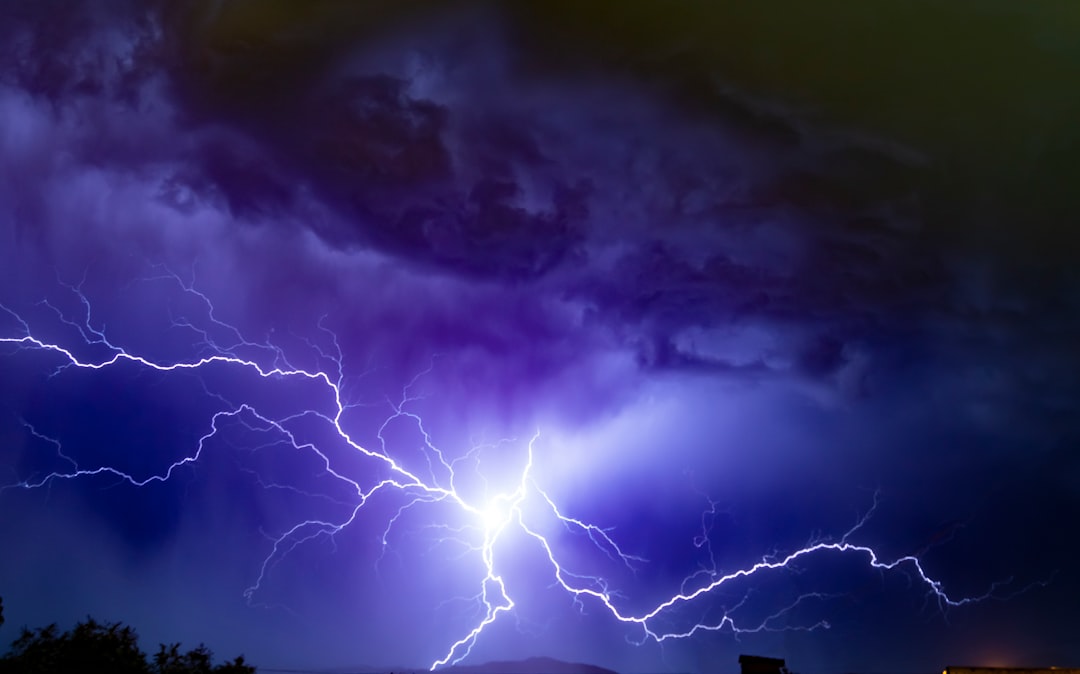Yesterday in the 103rd edition of The Anxious Morning we went over the basics of ERP - exposure and response prevention. We defined it and clarified when it is used in the mental health community.
I said in yesterday’s edition that the RP part - response prevention - is the most important part of ERP, and the most important part of any exposure based therapy regardless of the initials you use to name it. Why is this?
We care so much about response prevention, because that is the part that creates the learning condition. The goal of exposure is not to teach you that you can run with a knife in your hand, sing a song about killing your family, or drive to the supermarket with your kids. The goal of exposure is to teach you that you can tolerate and navigate through anxiety, fear, uncertainty, and discomfort without having to take special steps to save yourself or be saved from the disaster you fear.
Exposure is a way to find, then strengthen our tolerance and resiliency muscles. We use specific exposures to trigger discomfort, but the specific exposures are not really the point. Generally speaking, the discomfort is the point. More specifically, learning that you can handle that discomfort is the point.
When you engage in safety, escape, or soothing responses and rituals, you are not learning anything about your ability to tolerate and navigate through psychological, mental, or emotional adversity. Those old responses designed to keep you “safe” get all the credit for keeping you safe, perpetuating the myth that you were in danger. You were not, even when it felt like you were. Those old responses and rituals confirm to your brain that there is danger, that you need to be saved from it, and that those panic and anxiety alarms should keep coming. Your old responses are like rocket fuel for an anxiety disorder. They are training your brain to sound alarms like praise trains a dog to sit and stay.
When you experience fear, anxiety, discomfort, or distress and do NOT try to save yourself, be saved, or escape, that state of discomfort naturally ends. Not nearly as quick as we want it to, but it will end. When we do nothing to save ourselves, we signal to our brains that everything is OK and that the troops can stand down. When the anxiety passes (because it always will), there is no explanation for why it passed. No safety device, ritual, compulsion, or safe person to give the credit to. We are left standing face to face with reality. You did nothing to soothe or save yourself and still wound up OK.
Of course I have to remind you here that feeling shaky, afraid, and vulnerable is still OK. That’s not actual harm. Those are things humans can feel sometimes.
This is why response prevention is so important. When we take away the old responses, we learn through actual first hand experience that WE get the credit for moving through the fear. We see that WE did it. We tolerated, navigated, and handled. All things that we would swear are impossible, yet we did it, and we have nothing to credit but ourselves for that success.
THAT is the magic moment where recovery happens, little by little, neural pathway by neural pathway. Experiences with positive outcomes where you did nothing special but allow that outcome to happen naturally. Boom. That is the goal of exposure, and the response prevention is vital in getting there.
So take a few minutes today to think about this. Are you engaging in response prevention, or are you powering through your anxiety, fear and panic with all kinds of special rituals and techniques designed to get you through? It’s a question you may not have asked yourself yet, so this is as good a time as any to ask it.
Have you listened to this week’s episode of The Anxious Truth podcast? Check it out out on Apple Podcasts, Spotify, Google Podcasts, Amazon Music, or my website and YouTube channel.














Share this post